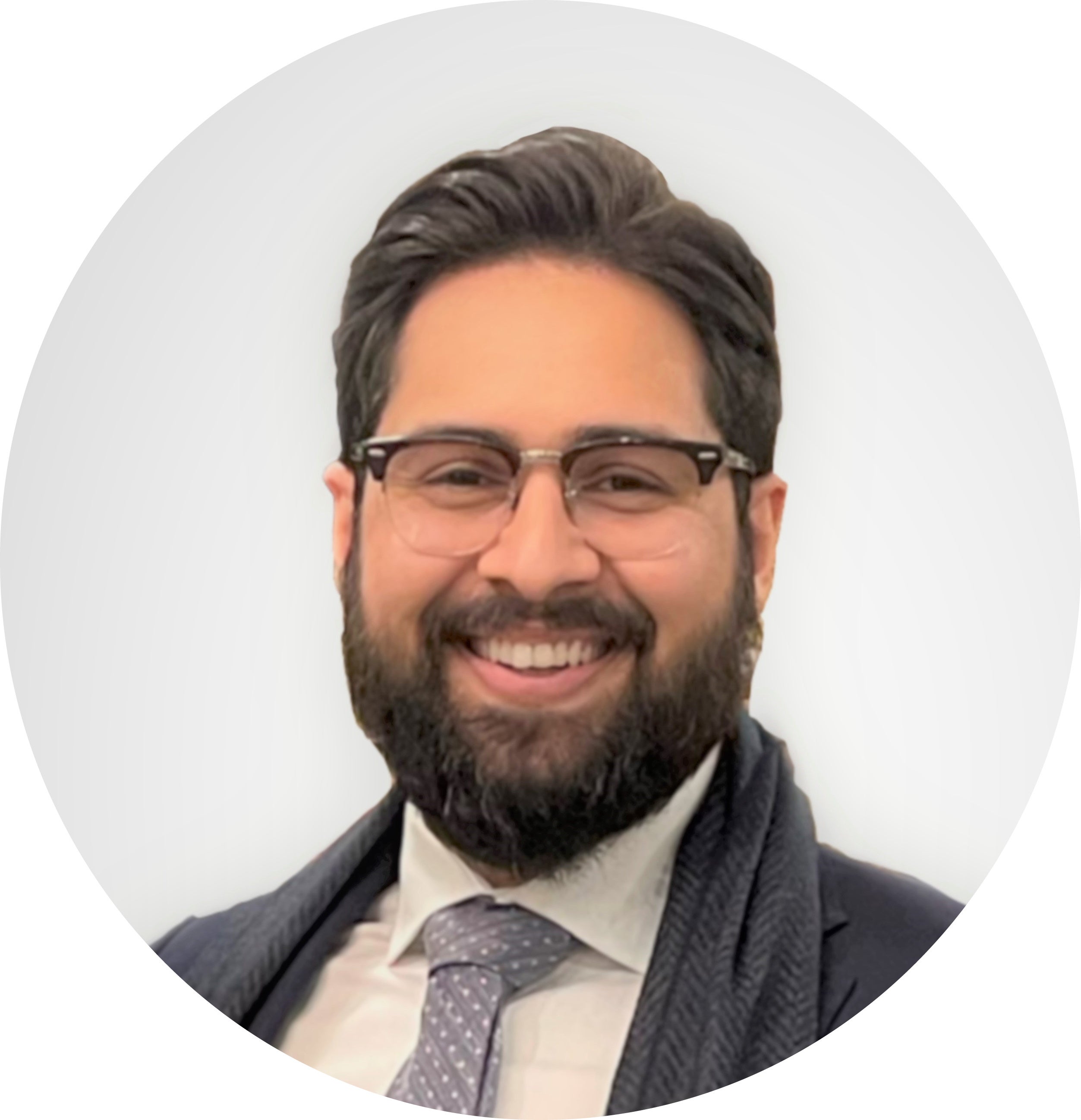 Why did you choose to pursue graduate studies at the University of Waterloo?
Why did you choose to pursue graduate studies at the University of Waterloo?
I completed my Honours BASc in Mechanical Engineering (Welding Joining Specialization) with Distinction and a Minor in Economics from the University of Waterloo. Upon graduation, I was offered a fully funded MASc position at the Center for Advanced Joining (CAMJ), from where I was transferred directly to my PhD program, based on my academic record and research output. I had a fantastic (although, very difficult) undergraduate experience and the co-op program helped me recognize that I had a natural knack for research.
Once I knew I wanted to pursue research, making the choice to stay at Waterloo was a relatively easy one.
Describe your research and what makes you passionate about it:
Since starting my PhD, I have published several original research papers in top-ranked peer-reviewed international journals on topics ranging from laser welding, laser cladding, weld-brazing, liquid metal embrittlement of Zn-coated steels, to advanced dissimilar joining of Mg- and Al-alloys. My research expertise is in advanced materials characterization (bulk, interfacial, and defects), advanced mechanical testing and failure analysis, with a strong foundation in materials processing (coating techniques, heat treatment, laser welding, arc brazing, and laser cladding). I have experience with numerical modelling and simulation of laser heat sources that could be used for welding or additive manufacturing applications. I have specialized training in material characterization techniques that include optical and laser-confocal microscopy, scanning electron microscopy, energy dispersive X-ray spectroscopy, electron probe micro-analyzer, electron backscatter diffraction, scanning x-ray diffraction, and transmission electron microscopy. I have extensive experience in mechanical testing techniques including tensile testing, micro- and nano-indentation as well as impact testing.
My training at UWaterloo has helped me develop a combination of foundational and highly specialized knowledge in advanced materials characterization, exposure to data acquisition and numerical modelling techniques as well as the ability to disseminate new knowledge through reports and journal papers, which I hope has prepared me to become a future leader in my chosen field of advanced materials processing.
Tell us about where you are from:
I recently published a career article about my academic journey in Science Magazine called "From drop-out to PhD" which highlights my experiences with racism as an immigrant, my failures as a student, my battles with depression, and the love and support I received from my family – despite my many setbacks – that helped me find my way back from the brink. I encourage anyone interested in learning more about my story to read the article.
What activities, groups and events are you involved in?
Institutional Leadership: I have worked with the Student Success Office as a Discipline Specialist to revamp the Grad Ready graduate student transitioning program to improve grad student experiences.
Chair and President of the Canadian Welding Association’s Student Chapter: Under my direction, the student chapter membership was increased, we organized two big events while setting the foundation to establish welding-focused graduate scholarships. We also organized several talks and lectures.
Mentoring: I have regularly mentored high school and undergraduate students from under-served and underrepresented communities, working with organizations like MAX and Bridge to Youth.
Peer-review Activities: I regularly serve as an invited reviewer for some of the top journals in materials science, materials processing, and manufacturing: Scientific Reports (Nature), Journal of Manufacturing Processes (Elsevier), Journal of Materials Processing Technology (Elsevier), Materials & Design (Elsevier), Welding in the World (Springer Nature), Journal of Engineering and Applied Science (Springer Nature), and Advances in Manufacturing (Spring Nature).
How has graduate school helped develop your teaching skills?
I have received formal training in university teaching pedagogy, having completed the Fundamentals of University Teaching (FUT) and the Certificate in University Teaching (CUT) program, offered by the Centre for Teaching Excellence. FUT provides hands-on professional development opportunities and introduces participants to evidence-based strategies and ideas to implement in their teaching. The CUT program provided a comprehensive teacher-development experience which trained me to become a self-aware, critically reflective teacher with theoretical knowledge and practical skills that will contribute to my success in an academic career.
I am currently co-developing and co-teaching a pilot, interdisciplinary undergraduate course titled “The Wicked Problem of Climate Change”, providing my disciplinary expertise on the impact of climate change in engineering and manufacturing. You can read more about this one-of-a-kind course here.
What are your plans once you finish your education?
I aspire to launch a successful research-intensive career that will allow me to positively contribute to Canada’s economic, social, and research-based growth. Ideally, I would like to continue working in academia, which is currently quite challenging. So, for the time being, I plan on continuing to learn, grow, and contribute in whatever way.
Do you have anything else you’d like to share that is interesting about yourself?
Visit my profiles for more information:
Citizenship: Pakistani-Canadian
Domestic or International: Domestic
Academic stream: Research
Full-time or part-time: Full-time
Research supervisor: Norman Zhou (supervisor) and Elliot Biro (co-supervisor)
Graduate student awards held: NSERC PGS-D; Engineer of the Future Award; Nanofellowship Award; President's Graduate Scholarship; Paul Niessen-Teck Award
TA/RA or GRS held: GRS




